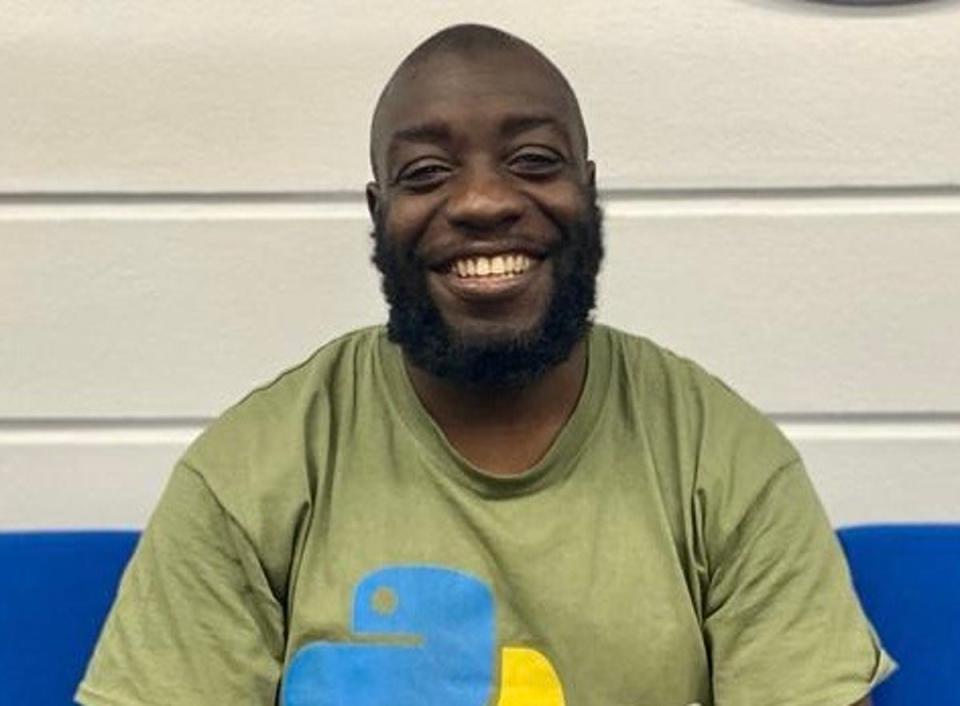Jobs
Black tech workers leaving London after being ‘ghosted’ for top jobs

Black, Asian and foreign data scientists are leaving the profession after being “ghosted” for jobs by London’s leading technology firms.
Many ethnic minority workers feel humiliated by their treatment, according to a new organisation representing them.
Freelancer Adrian Mensah-Coker said despite holding a master’s degree, he was never at the front of queue for roles commanding six-figure salaries.
Black staff account for just five per cent of 589,730 AI and data professionals in the capital, despite making up 13.5 per cent of London’s population.
Women are only 20 per cent of the industry, even though around half of the UK workforce.
Three years ago, London mayor Sadiq Khan launched an initiative to tackle the underrepresentation of young black men in London’s £56 billion technology sector.
He said: “It’s simply not right that young, talented and ambitious young black Londoners are not being given the opportunity to prosper in the capital’s thriving tech sector.
“Someone’s life chances should never be limited by their family’s background or the colour of their skin.”
Mr Mensah-Coker has joined the Black Data Professional Network which has launched a new CV database and job board to boost recruitment.

The BDPN believes black talent shouldn’t be held back and are “tired of hearing stories of wasted potential and overlooked brilliance”.
Mr Mensah-Coker, who has three years’ experience since graduating from Solent University, told the Standard: “We know there is a digital skills gap.
“Having done an MSc, it should be pretty straightforward and put me at the front of the queue.
“But the reality is something a bit different. What you get is recruitment agencies contacting you, then ghosting you.
“You also get the feeling there are gatekeepers. When you speak or engage with them, it all seems fine and it’s not. When this happens on a consistent basis, it really dampens your hope.
“There are loads of stories like that.”
Foreign candidates report being humiliated in job presentations and complain they wouldn’t get treated so badly in America, which champions diversity in the workplace.
Mr Mensah-Coker suggested more blind applications, where certain details about candidates are hidden to help managers make less-biased decisions. He is of West African heritage.
He said: “People with the skills are leaving the industry as a result. They’d rather go into care than tech because you cannot get a foot in the door.
“You just want an opportunity to showcase what you’ve got.”
Black Data Professional Network founder Ian Benjamin said: “Since George Floyd’s murder in the US and the Black Lives Matter movement, the global awakening left me compelled to focus my attention on representing experienced and skilled black digital professionals to employers.
“As a recruiter, employers and in-house talent teams frequently ask, ‘Where is the digital black talent?’.
“BDPN answered that with a CV database to reduce discouragement and rejection after rejection. We’re tired of candidates settling for less than they deserve.
“No more toxic environments, no more staying silent. This feeling and intention has been energised.
“When my two children step into the working world, I’m determined to be part of a change they’ll inherit.”










